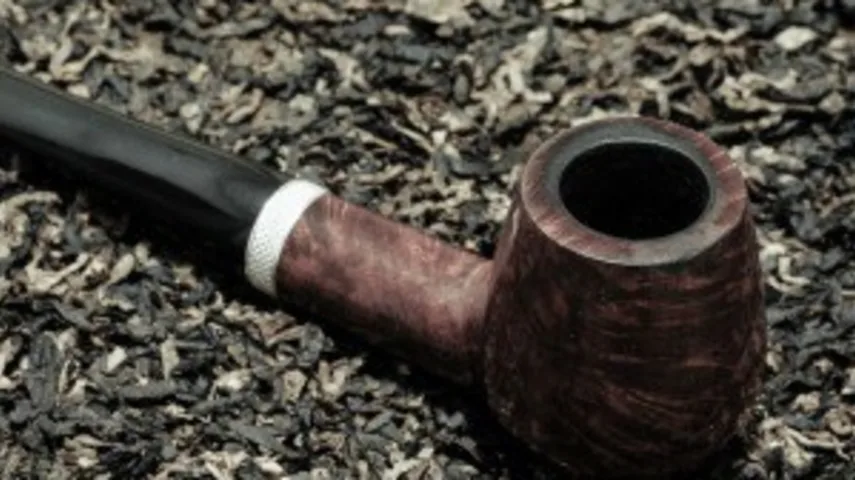AMP Capital divests $440m tobacco-related stocks



AMP Capital has introduced a decision-making framework for its investment portfolio capable of screening out particular companies on ethical grounds.
The company announced the new framework late last week and said it was incorporated into AMP Capital’s existing environmental, social and governance (ESG) and responsible investment philosophy, which is applied across the business.
Under the new framework, AMP Capital said it had considered all sectors in which it invests and had concluded that manufacturers of tobacco, cluster munitions, landmines, biological and chemical weapons do not meet the minimum ethical standards required and will be excluded from its investable universe.
It said that as a result of the decision, approximately $440 million worth of tobacco manufacturing-related equity and fixed income holdings would be divested from AMP Capital’s portfolios representing the largest divestment of tobacco securities to date in Australia.
Approximately $130 million invested in manufacturers of cluster munitions and landmines would also be divested.
Commenting on the move, AMP Capital chief executive, Adam Tindall said the firm had a long-term focus on responsible investing supported by an integrated approach to considering ESG factors across all asset classes.
Recommended for you
BlackRock Australia plans to launch a Bitcoin ETF later this month, wrapping the firm’s US-listed version which is US$85 billion in size.
Financial advisers have expressed concern about the impact including private market exposure is having on their tracking error budget, according to MSCI.
State Street will restrict its membership of global climate alliance Net Zero Asset Managers after the organisation dropped its flagship 2050 goals amid ESG backlash from the US.
Betashares has launched a global shares and a global infrastructure ETF as part of the firm’s strategic expansion strategy to support financial advisers in building more diversified portfolios.











